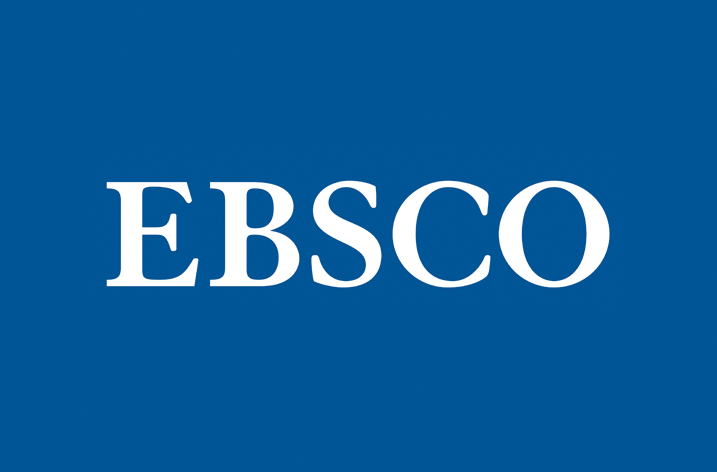By Chrysanne Lowe
Vice President Marketing Communications
At Elsevier, we have always focused on serving the global research community and ensuring the best possible access to research publications and data. In recent weeks, our support for the Research Works Act has caused some in the community to question that commitment.
We have heard expressions of support from publishers and scholarly societies for the principle behind the legislation. However, we have also heard from some Elsevier journal authors, editors and reviewers who were concerned that the Act seemed inconsistent with Elsevier’s long-standing support for expanding options for free and low-cost public access to scholarly literature. That was certainly not our intention in supporting it. This perception runs counter to our commitment to making published research widely accessible, coming at a time when we continue to expand our access options for authors and develop advanced technologies to enable the sharing and distribution of research results.
We welcome indications that key research funders are more willing to talk to publishers to explore collaborative approaches. This is a good sign because we firmly believe that more cooperation and partnership between funders and publishers is the best way to expand free public access.
While we continue to oppose government mandates in this area, Elsevier is withdrawing support for the Research Work Act itself. We hope this will address some of the concerns expressed and help create a less heated and more productive climate for our ongoing discussions with research funders.
Cooperation and collaboration are critical because different kinds of journals in different fields have different economics and models. Inflexible mandates that do not take those differences into account and do not involve the publisher in decision making can undermine the peer-reviewed journals that serve an essential purpose in the research community. Therefore, while withdrawing support for the Research Works Act, we will continue to join with those many other nonprofit and commercial publishers and scholarly societies that oppose repeated efforts to extend mandates through legislation.
We are ready and willing to work constructively and cooperatively to continue to promote free and low-cost public access through a variety of means, as we have with research funders and other partners around the world.
Publication date: 27 February 2012























